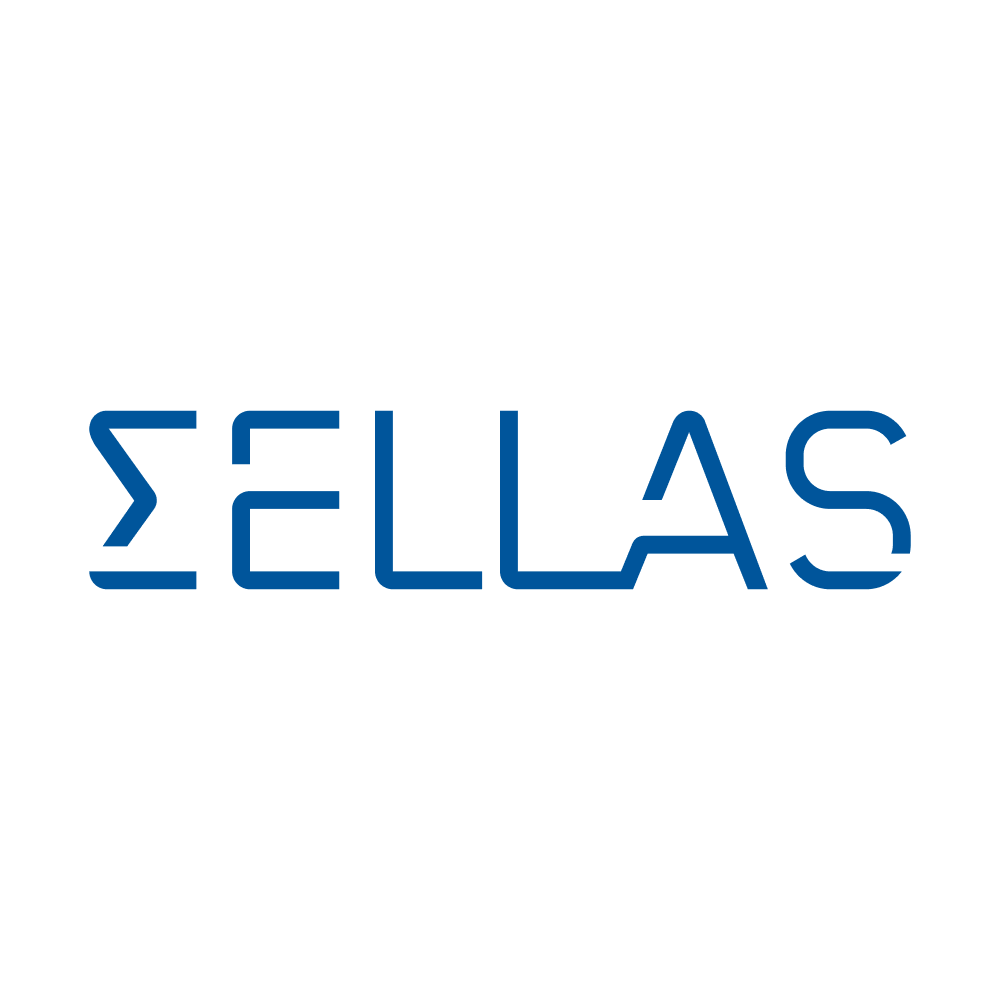Advertisement|Remove ads.
Hershey Joins US Food Giants In Pledge To Phase Out Synthetic Dyes

Hershey (HSY) has joined several consumer companies that have decided to remove artificial colors from food products sold in the United States, following government recommendations, according to a Reuters report.
The consumer foods company, known for Kisses chocolates and Dot's Homestyle Pretzels, said on Monday that it would remove synthetic dyes from its snacks by the end of 2027.
"Removing these colors is a natural next step in our program to ensure consumers have options to fit their lifestyle while maintaining trust and confidence in our products," Hershey's spokesperson said in a statement to Reuters.
On Stocktwits, the retail sentiment for the company shifted to 'neutral' from 'bearish.' HSY stock is up 4% year-to-date.

Last month, General Mills, Kraft Heinz, and Nestle announced similar moves.
At the end of the first quarter, Health Secretary Robert F. Kennedy Jr. and FDA Commissioner Martin Makary unveiled plans to phase out six petroleum-based food dyes by the end of 2026, replacing them with natural alternatives as part of the so-called "MAHA" [Make America Healthy Again] movement.
Kennedy has long criticized artificial colorants for offering no nutritional value and posing risks to children's health and development. However, no formal agreement has yet been struck between the regulator and the food industry.
Supporters argue that artificial colorants pose health risks, including increased hyperactivity, while the industry counters that such claims lack solid scientific evidence.
The planned shift would require packaged food companies to overhaul core formulas and adjust their production processes — changes that come with added costs. The companies have not disclosed details on the potential financial impact.
For updates and corrections, email newsroom[at]stocktwits[dot]com.













/filters:format(webp)https://news.stocktwits-cdn.com/large_Getty_Images_2243967992_jpg_33943df3b8.webp)
/filters:format(webp)https://st-everywhere-cms-prod.s3.us-east-1.amazonaws.com/unnamed_jpg_9dff551b50.webp)
/filters:format(webp)https://news.stocktwits-cdn.com/Getty_Images_2197860201_jpg_c4f2083335.webp)
/filters:format(webp)https://news.stocktwits-cdn.com/Aashika_Suresh_Profile_Picture_jpg_2acd6f446c.webp)
/filters:format(webp)https://news.stocktwits-cdn.com/large_US_economy_representative_image_jpg_88c3aa4736.webp)
/filters:format(webp)https://news.stocktwits-cdn.com/large_federal_reserve_jpg_7298dc8578.webp)
/filters:format(webp)https://news.stocktwits-cdn.com/jaiveer_jpg_280ad67f36.webp)
/filters:format(webp)https://news.stocktwits-cdn.com/large_immunitybio_stock_jpg_9eab8bde17.webp)
/filters:format(webp)https://news.stocktwits-cdn.com/large_kevin_warsh_jpg_0c2cd19926.webp)